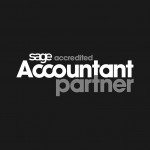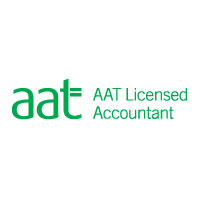Holiday lets – occupancy and benefits
There are a number of tax incentives if you own and let a furnished holiday lets property (FHL). They include:
- Claiming Capital Gains Tax reliefs for traders (Business Asset Rollover Relief, Business Asset Disposal Relief, relief for gifts of business assets and relief for loans to traders),
- Entitlement to claim capital allowance deductions for items such as furniture, equipment and fixtures, and
- Profits earned from holiday lets count as earnings for pension purposes.
You will need to account for your holiday lets properties separately from any other rental properties and you will need to comply with the various FHL rules. They include:
- The property must be in the UK or in the European Economic Area (EEA) – the EEA includes Iceland, Liechtenstein and Norway;
- The property must be furnished. This means that there must be sufficient furniture provided for normal occupation and your visitors must be entitled to use the furniture provided;
- The property must be commercially let (you must intend to make a profit). If you let the property out of season to cover costs, but did not make a profit, the letting will still be treated as commercial;
- All your FHLs in the UK are taxed as a single UK FHL business and all FHLs in other EEA states are taxed as a single EEA FHL business. You will need to keep separate records for each FHL business because the losses from one FHL business cannot be used against profits of the other.
There are also strict rules on occupancy. To secure the FHL tax benefits you will need to let your FHL for a certain, minimum number of days each year. The occupancy rules, set on a tax year basis, are:
- Your property must be available for letting as furnished holiday accommodation letting for at least 210 days in the year.
- You must let the property commercially as furnished holiday accommodation to the public for at least 105 days in the year.
Do not count any days when you let the property to friends or relatives at zero or reduced rates as this is not a commercial let.
Do not count longer-term lets of more than 31 days, unless the 31 days is exceeded because something unforeseen happens. For example, if the holidaymaker either: falls ill or has an accident and cannot leave on time or has to extend their holiday due to a delayed flight.
If you do not let your property for at least 105 days, you have two options (known as elections) that can help you reach the occupancy threshold.
As you can see, there are a few hoops to climb through to achieve FHL status, but the tax rewards for doing so are significant.
All news
 Dawn Johnson is licensed and regulated by AAT under licence number 126542.
Dawn Johnson is licensed and regulated by AAT under licence number 126542.
